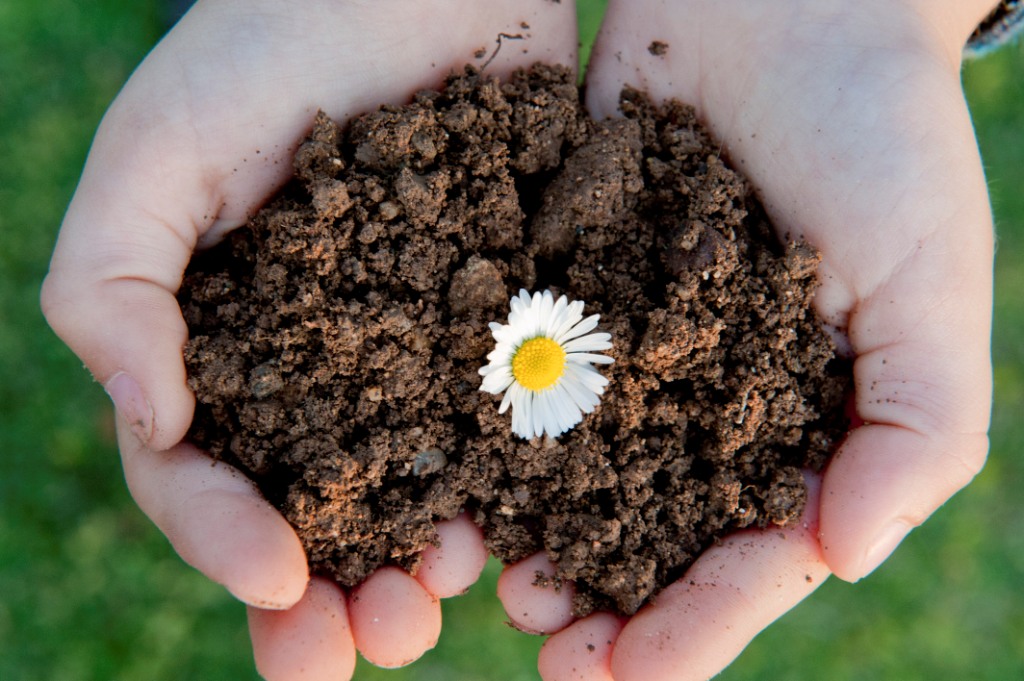On April 22, over one billion people in 192 countries will celebrate Earth Day. Established in 1970 to raise awareness about the need to conserve our planet’s natural resources, today the torch is carried by thousands of schools, non-governmental organisations and local and global institutions, starting with the United Nations.
The United Colors of Benetton is joining in on the celebrations. Leading in the Detox rankings, created by Greenpeace to recognise brands that have made significant progress in reducing the presence of harmful chemical substances in their production processes. The company is aiming to reduce CO2 emissions generated by road transport by over 25 per cent, reducing by 20 per cent the number of trucks used to transport its goods in Italy and Europe.
The Better Cotton Initiative (BCI), is a global programme dedicated to cotton sustainability. The cotton is grown and harvested by farmers trained to minimise the use of fertilisers and pesticides, use water and soil in a sustainable way and adhere to the principles of equity in labour relations.
To aid in the same, the Higg Index is a set of tools designed to measure the social and environmental impact of production, identify and subsequently eliminate inefficiencies and harmful practices, guarantee transparency to consumers with respect to the sustainability results of companies and generally protect the environment and the well-being of workers and local communities.
This year’s Earth Day theme is dedicated to ending plastic pollution. Dell Technologies is working to tackle plastic pollution, through sustainable design and circular thinking. Members will volunteer in their communities to clean up parks, beaches, rivers and coastal areas, as the company will go plastic bottle free – eliminating 65,000 plastic water bottles.
Indian cities generate 1.7 lakh tonnes of solid waste on a daily basis. Moreover, India’s electronic waste is estimated to reach 52 lakh tonnes in 2020.
Of an estimated 18 lakh metric tonnes of electronic waste (e-waste) that India generates per annum, less than 2 lakh tonnes reach licensed recyclers. Currently, 25 per cent of the solid waste is disposed in a scientific manner, while the rest 75 per cent is disposed in a traditional way.
Belkin, a technology company, is helping its employees cut down on their commuting carbon footprints by proving van pools and cash initiatives for using public transportation. Electricity consumption has reduced approximately by 37% electricity in their offices by installing solar panels and energy efficient motion sensor lights. To reduce waste and water consumption, there claims to be a 5% reduction in waste to landfills and water consumption.
As global citizens we are part of a larger eco system and have to work towards environmental sustainability, instead of being isolated. To aim at improving the sustainability in production processes, gradually limiting the amount of raw materials and energy used and reducing outgoing waste and losses.
Thank you for reading the story until the very end. We appreciate the time you have given us. In addition, your thoughts and inputs will genuinely make a difference to us. Please do drop in a line and help us do better.
Regards,
The CSR Journal Team


